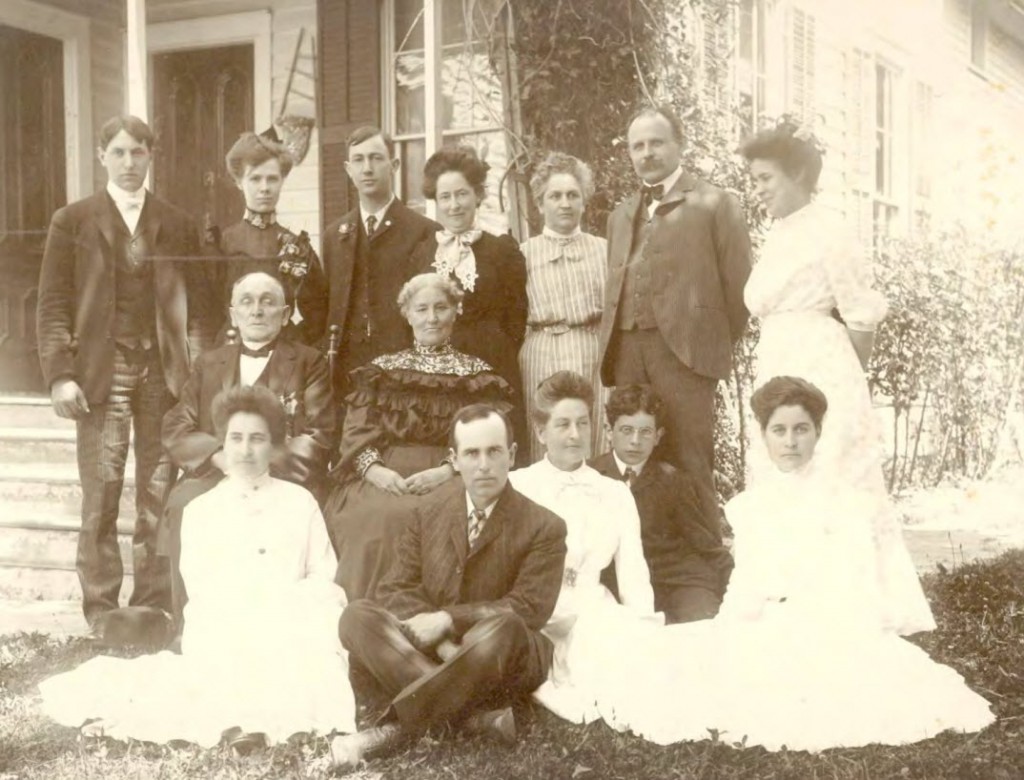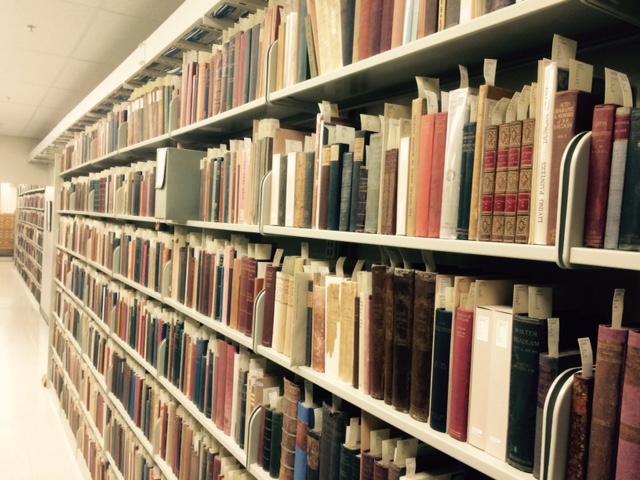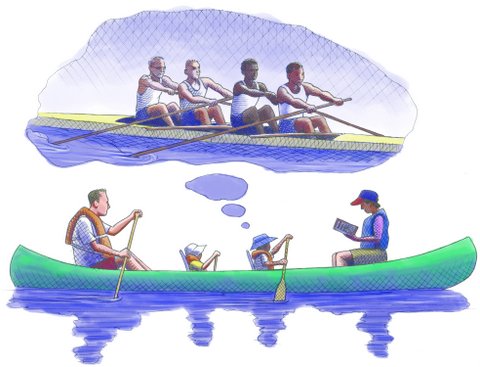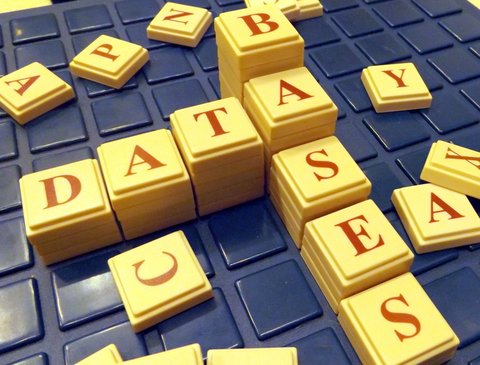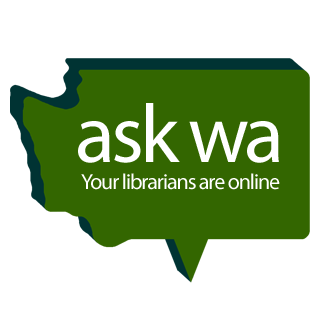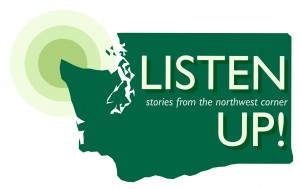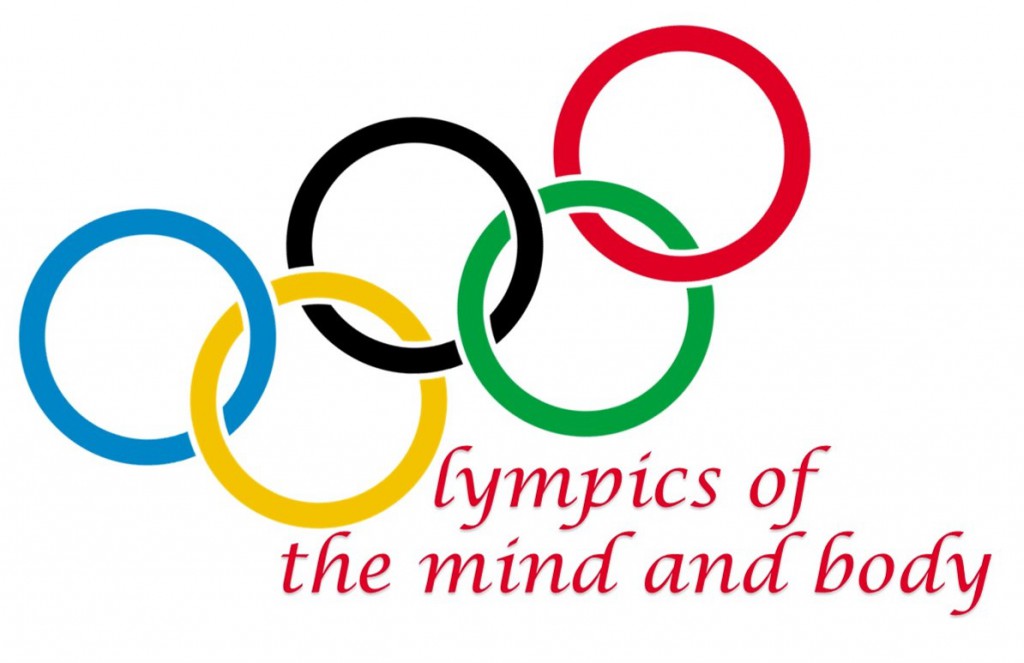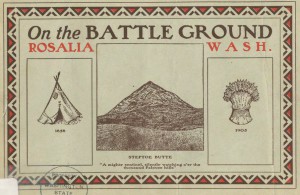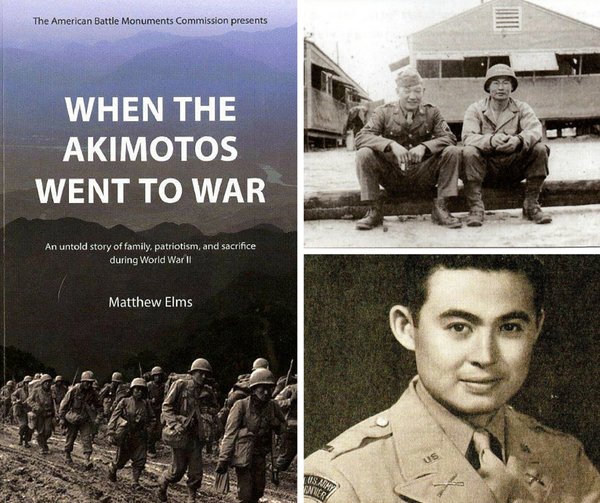From the desk of Shirley Lewis 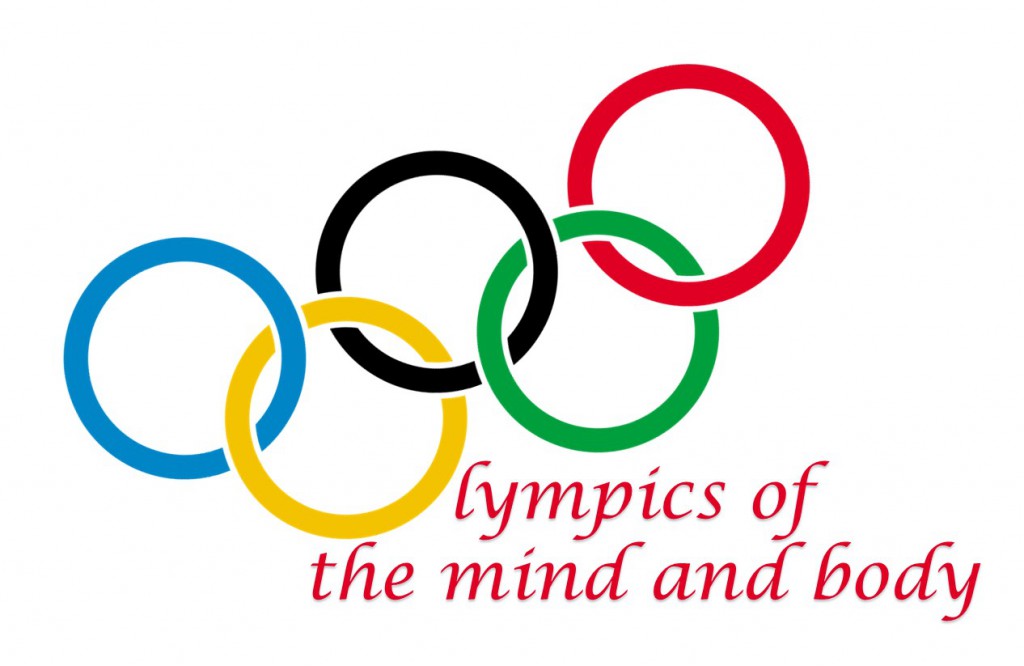
July 1
Explore historic forts: Fort Vancouver National Historic Site and Fort Nisqually Living History Museum are two examples which were established by the Hudson’s Bay Company in what later became Washington Territory.
July 4 – Observe our nation’s independence by marveling at the scope of U.S. Government publications. Washington State Library is a regional Federal Depository Library for Washington and Alaska. We’ve got the day off to celebrate, but if you have questions about federal government publications, please Ask a Librarian at the Washington State Library.
July 5
Take a hike — or a walk — Washington has trails for all modes of perambulation. How about the John Wayne Pioneer Trail in Iron Horse State Park? This trail traverses the Mountains to Sound Greenway Trust, a not-for-profit organization that works to conserve land from Seattle across the Cascade Mountains to Central Washington.
July 6
Charles Dudley Warner wrote “politics makes strange bedfellows“(Summer in a Garden, Fifteenth Week, end of second paragraph). Here’s a few of biographies and oral histories of notable Washingtonians involved in government, politics, and journalism. Strange bedfellows?
You decide:
July 7
Got dairy? Visit the Washington Dairy Products Commission to learn about Washington’s dairy industry. Check out the Facebook page, too. The cheese doesn’t stand alone in Toledo (Lewis County); it has a parade! Meanwhile, at Washington State University’s Creamery in Pullman, they can Cougar Gold® cheese so you can eat what they can.
July 8
Enjoy the purple haze and fragrance of fields of lavender: Sequim Lavender Festival, Blue Mountain Lavender Farm in the Walla Walla Valley and Pelindabra Lavender (San Juan Island).
July 11
Explore North Cascades National Park – you’ll find beautiful scenery, a landscape of fascinating ecosystems, and hikes which challenge the body and mind. If you can’t make it there, enjoy a new exhibit at the Burke Museum in Seattle: Wild Nearby – Discover Washington’s North Cascades or try reading North Cascades Traveler’s Guide or The North Cascades: Finding Beauty and Renewal in the Wild Nearby from your deck chair.
July 12
Discover the Washington Talking Book & Braille Library (WTBBL), a program of the Washington State Library. Located in Seattle, WTBBL provides library services state-wide, at the library and by mail, to any Washington resident unable to read standard print material due to blindness, visual impairment, deaf-blindness, physical disability (cannot hold a book or turn pages), or reading disability.
July 13
Get your kicks with soccer: root for the Seattle Sounders FC, read about the Seattle Sounders famous rivalry with the Portland Timbers or celebrate 50 years of soccer with Washington Youth Soccer.
July 14
Aviation is a super (sonic) part of Washington’s history. Fly high with a Boeing test pilot’s memoir, restore vintage airplanes in the youth program at the Port Townsend Aero Museum, read about and visit Pearson Field in Vancouver, or soar into the Museum of Flight. Learn about flights that didn’t go so well in Aircraft Wrecks of the Pacific Northwest, Volume 1 and Volume 2.
July 15
The Washington Blueberry Commission serves the blueberry growers of Washington who serve us delicious, nutritious blueberries. Find a farm and enjoy those fresh berries.
July 18
Get teed off – go golfing! There are golfers and public courses throughout Washington. The City of Spokane has four municipal golf courses. Chambers Bay, owned and operated by Pierce County, hosted the U.S. Open in 2015; read all about the course in America’s St. Andrews: Linking Golf from its Past to its Future.
July 19
Enjoy the people, places, and rolling landscape on the Palouse Scenic Byway.
July 20
Ginkgo Petrified Forest State Park near Vantage is a great hike to view the geologic forces which shaped Washington.
July 21
Visit the New Dungeness Lighthouse near Sequim on the Olympic Peninsula – hike or boat to the lighthouse; climb the stairs to see the view; learn how you can be a keeper. Operating since 1857, the lighthouse has a long history. Washington State Library has a copy of List of Visitors to the New Dungeness Lighthouse from 1895 to 1920.
July 22
Ride a bike – the Washington State Department of Transportation works to provide a safe ride for bicyclists. It’s paying off because Washington has been named the nation’s number one “Bicycle Friendly State” by the League of American Bicyclists for several years.
July 25
Celebrate the 40th anniversary of the Washington Native Plant Society. Washington State Library subscribes to the Society’s journal, Douglasia.
July 26
Come listen to the music in the great outdoors: the Winthrop Rhythm & Blues Festival; the Olympic Music Festival; the Gorge Amphitheatre; and at the Artisans at the Dahmen Barn (near Uniontown in Whitman County) are just a few concerts available.
July 27
Delve into the past and present with Washington newspapers at the Washington State Library. The newspaper collection includes current issues on paper and historic newspapers on microfilm with some searchable online. WSL subscribes to about 125 daily and weekly newspapers throughout Washington. The microfilm collection consists of over 40,000 reels of newspapers dating from the 1850s to the present. Search Washington State Library’s online catalog for newspapers by City, County, Title, Subject, or Keywords.
July 28
Climbing every mountain? You’ve got plenty to pick from here and some good company, too. Read Jim Whittaker’s A Life on the Edge: Memoirs of Everest and Beyond, or Fred Beckey’s climbing guides to Washington mountains or Mike Gauthier’s Mount Rainier: a Climbing Guide.
July 29
Get on board a Washington state ferry: cruise on Puget Sound or cross the Columbia River. You can also cross the Columbia from Washington to Oregon on a Wahkiakum County ferry. You might need something to read while you wait in line (it does happen), so try Safe Passage: the Birth of Washington State Ferries: a HistoryLink Book.






